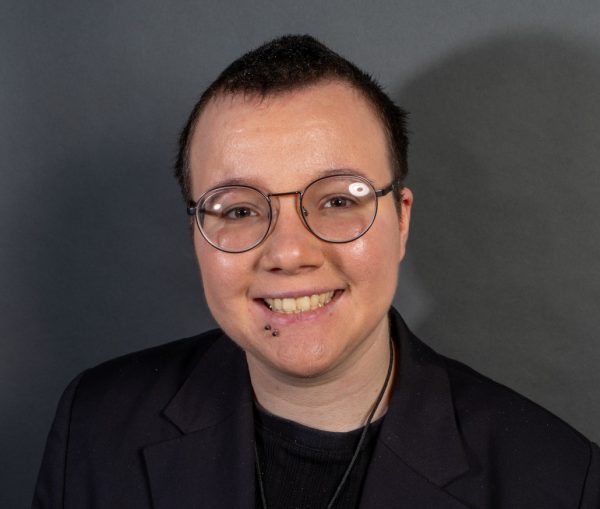Disclaimer: This article discloses spoiler alerts, including the violence, which occurs in the horror films “Totally Killer,” “Midsommar,” and “Master.”
The state of horror movies today is a subject I’m sure someone with more familiarity and passion into that field could speak about with more expertise. Personally, I am known amongst friends to fall asleep during horror movies, and am severely lacking in my film knowledge. To summarize briefly, I’ve never seen “Chucky,” “IT,” “Halloween,” “Insidious” or “The Conjuring.” Whenever I reveal this fact, it usually results in gasps from peers.
I was recently watching a new horror movie starring Kiernan Shipka, “Totally Killer,” and had a similar thought process when I first saw the movie, “Midsommar.” Throughout her role in the reverberation of a slasher film, Shipka’s character, Jamie, gave important social insight into the nature of the 80s. The #MeToo movement did not exist yet, there were less rules in schools of where you were allowed to be at any given time, and separate smoking areas were not created yet.
Although the indie, cult-themed, psychological thriller “Midsommar” is completely different from “Totally Killer,” the film also goes in depth on what lurks behind the status quo. When a group of friends trying to work on their doctoral dissertations travels to a remote village in Sweden with cult-like tendencies, they are forced to see outside of their own environment.
When the two elders sacrifice themselves as a tradition in the Swedish commune, their jumping off the cliff is evidently viewed as severely deranged and disturbing to the viewers. One of the commune leaders tries to explain that this is seen as a natural activity for their Midsommar festival which occurs every 90 years, or a “once in a lifetime opportunity.”
In the 2022 film, “Master,” three women try to find their place at an elite Northeastern university, while anonymous racist attacks occur throughout their first year, according to IMDb. This film explores systemic racism and violence through the context of the horror genre, which unravels truths of attending a predominantly white institution (PWI) for post-secondary education.
Several of the horror movies today offer more than brutal murders, but even in some of the classics, subliminal messaging was shared as a result. Purity and substance-use culture is most often brought to light, as the first teenagers to act in a taboo way are typically the ones to be attacked, or murdered, first.
The modern movie industry of either releasing indie films or major blockbusters creates a divide in messaging shared. Blockbuster horror movies might not focus on social commentary more than flat-out entertainment. I’ve found that, besides coming-of-age films, movies have the power to help people see outside of themselves. Suddenly you are in Maine, California or a small midwestern town: wherever the director decides to place you. Horror films put the spotlight on issues which have been eating at society for decades.



